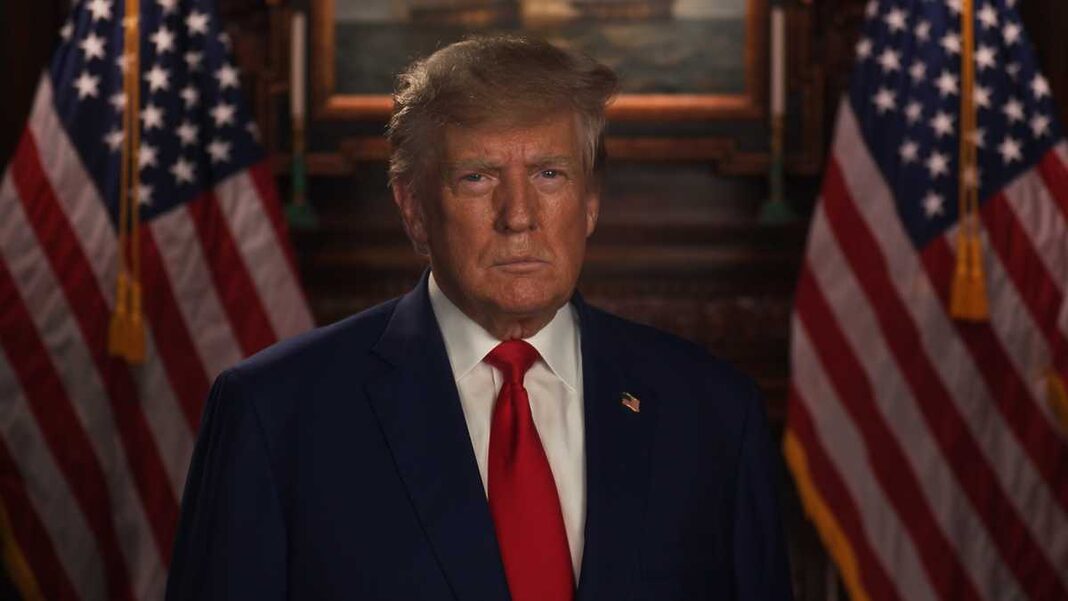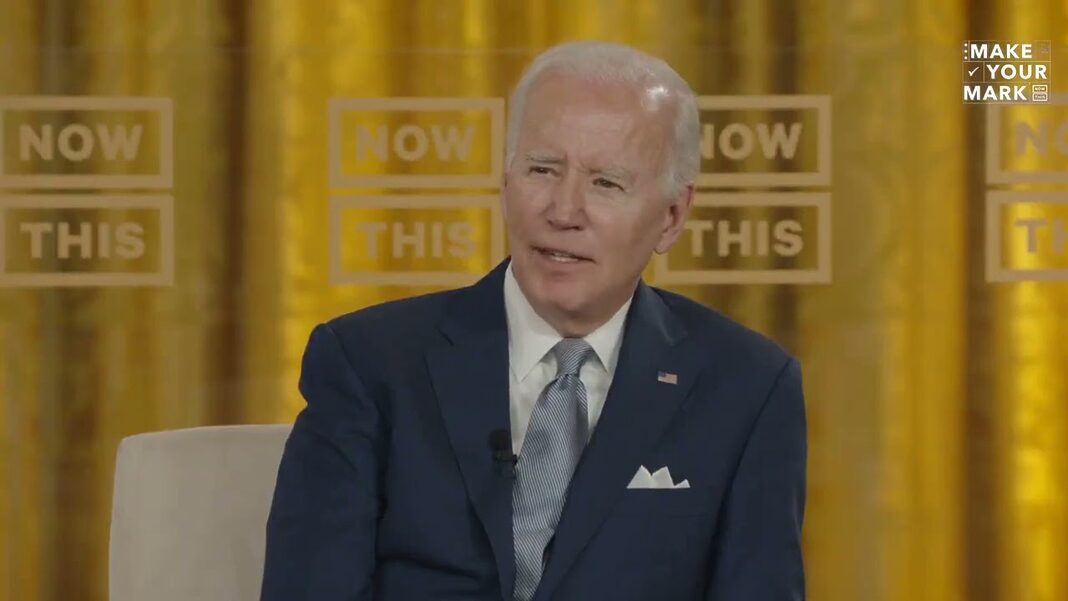Eleven plants will receive grants to retrofit and produce electric vehicles.
The federal government is spending $1.7 billion to modernize automobile manufacturing facilities, helping the industry compete with foreign subsidies and create and protect jobs.
As part of the Automotive Community Benefits Plan, the current administration will extend grants to 11 selected manufacturing plants in eight states, including in Georgia, Michigan, and Pennsylvania, that have temporarily closed or were at risk of closing.
Federal funding, which will come from the Inflation Reduction Act, will be dedicated to retrofitting factories, installing equipment, and bolstering annual production.
Grant capital will also allow these at-risk facilities to convert to manufacturing electric vehicles and related components and a broad range of new-generation cars, such as fuel cell vehicles, hybrid cars, and high-growth vehicle drive trains.
Recipients of grant funding include some of the biggest names in the automotive industry, such as Fiat-Chrysler ($584 million), General Motors ($500 million), Harley Davidson ($89 million), and Volvo ($208.2 million).
These efforts are expected to save 15,000 jobs and create nearly 3,000 new positions, most of which are union jobs, in historic automotive communities.
“Building a clean energy economy can and should be a win-win for union autoworkers and automakers,” President Joe Biden said. “This investment will create thousands of good-paying, union manufacturing jobs and retain even more—from Lansing, Michigan to Fort Valley, Georgia—by helping auto companies retool, reboot, and rehire in the same factories and communities.”
According to top White House economist Lael Brainard, the $1.7 billion investment is projected to generate $3.9 billion in total economic value and ensure that the United States keeps its climate goals intact.
“We will not let our transition to clean energy be a zero-sum game where workers get left behind and where local plants close and move overseas,” Ms. Brainard said.
The latest announcement is a critical part of the administration’s efforts to bring manufacturing jobs back to the United States and ensure that major automakers and suppliers can compete in today’s global marketplace, according to Energy Secretary Jennifer Granholm.







